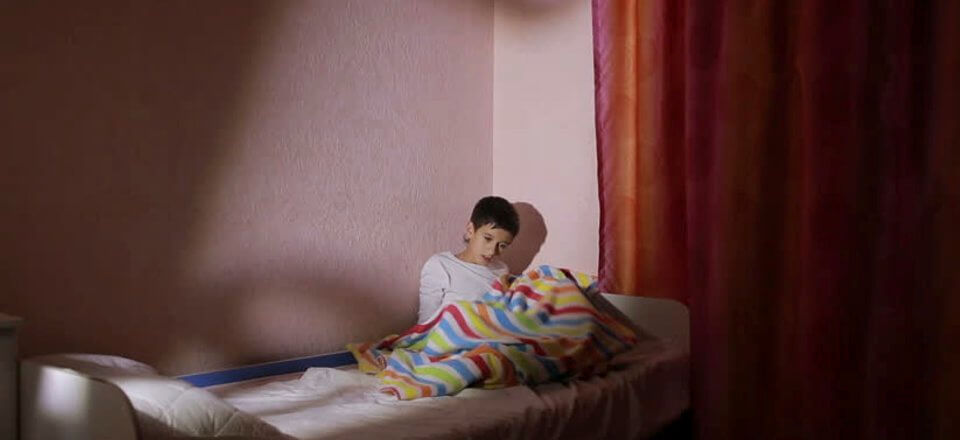
Cries in the Night: Nightmares and Night Terrors
A parent first hears the cries, then perhaps the sound of little feet, and then the small body hurtling into your bed. Could it be the result of “a monster in the closet?” More likely, it’s your child reaching out while experiencing a nightmare.
What are Nightmares?
Nightmares are simply scary dreams. Dreams during sleep are similar to imaginary play during waking hours in that they help our children process new information and complicated events. Children are trying to make sense of their world, even during sleep, and sometimes the world they imagine can be confusing and scary. Children under one year may begin having nightmares, but most occur to children eighteen months and older. For toddlers and preschoolers, the cause of nightmares can stem from thoughts of being separated from their parents, sleeping in the dark, or just the unknown. School-age children may have bad dreams about friendships gone awry, schoolwork, failure, or even violence. When a child remembers a nightmare, it may be a confusing mix of events.
What are Night Terrors?
During night terrors, a child may appear to be awake, even with their eyes open, but they are really asleep. Children with night terrors may scream, kick, panic, sleepwalk, thrash, or mumble. Night terrors usually occur within two hours of the time a child goes to sleep and can last from 10 to 30 minutes. Night terrors occur in about 2% of children between the ages of 1 and 8 years. Frightening as it is, most children don’t even remember the episode in the morning. The most dangerous part is protecting children from themselves. Night terrors are otherwise harmless, and each episode will eventually end in deep sleep.
Should Parents Worry about Their Children’s Nightmares and Night Terrors?
Parents often worry that nightmares and night terrors reflect trauma or emotional distress. These sleep disorders rarely, if ever, reflect underlying illness. The only time a doctor’s intervention might be necessary is if the nightmares affect a child’s ability to function during waking hours. The reassurance and support of parents is usually the only treatment required to help our children. Nightmares and night terrors usually disappear as the child matures.
